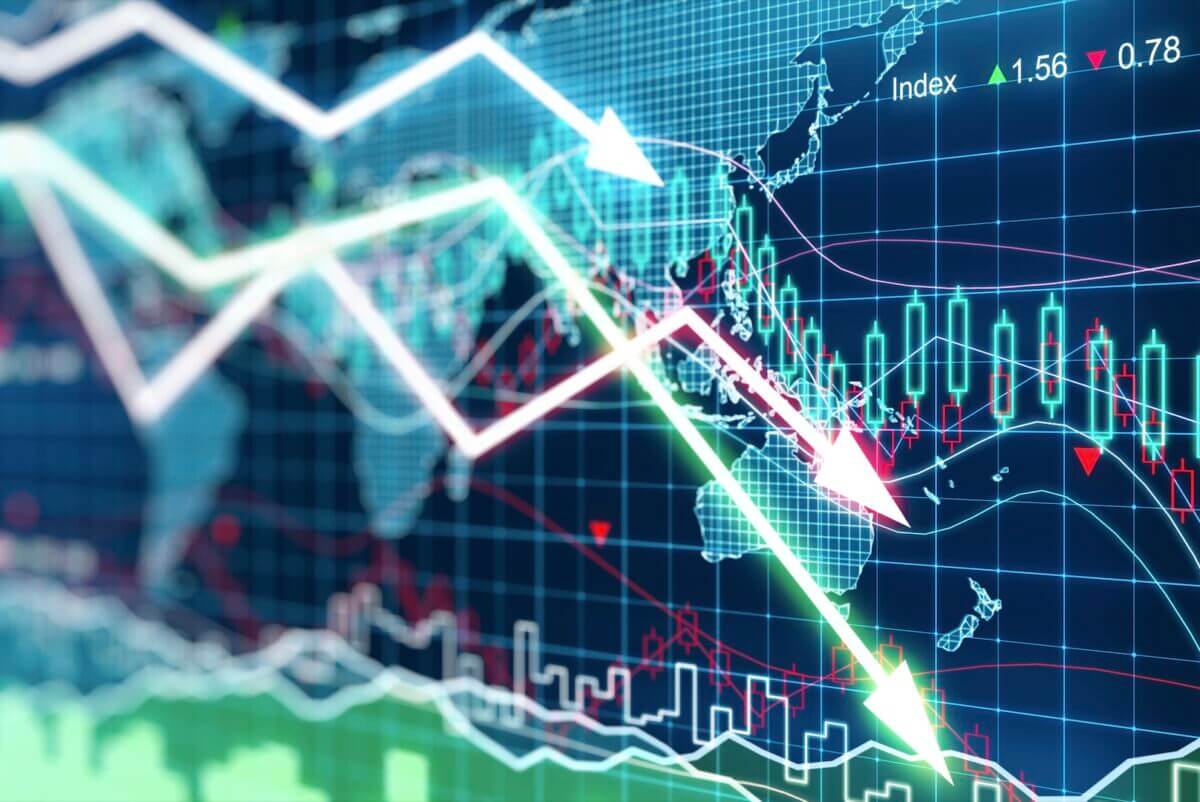Commentary
The 2008 recession, known as the “Global Financial Crisis” (“GFC”) outside the USA and the “Great Recession” inside, was the biggest economic crisis since the Great Depression, and before the COVID-19 recession. It was also caused by the financial sector—which is obviously a part of the economy—rather than by an “exogenous shock” (something emanating from outside the economy, like COVID-19). And yet almost all economists were taken completely by surprise by it: the vast majority had expected that 2008 would be a fabulous year. The OECD’s confident prognostication in June 2007 is an outstanding example of what most economists thought was going to happen in 2008:
“The current economic situation is in many ways better than what we have experienced in years …. Our central forecast remains indeed quite benign … sustained growth in OECD economies would be underpinned by strong job creation and falling unemployment” (“Achieving Further Rebalancing,” OECD 2007).
Two months later, the crisis began.
I’m one of a handful of economists to claim to have seen “It” coming, because, unlike the mainstream, I worry about private sector debt. In 2007, the level of debt was too high, and its rate of growth was also too high. I expected that a recession would occur when the rate of growth of debt dropped significantly—and especially if it turned negative.
You might think that mainstream economists would welcome alternatives that got right what they got so spectacularly wrong—in which case, you would also be spectacularly wrong! The universal reaction of mainstream economists to the claims of “heterodox economists” to have seen the crisis coming was to disparage and belittle their intellectual rivals.
As the most prominent economist to claim to have warned of the crisis, I cop this a lot. The latest instance occurred during a discussion of my new book “The New Economics: A Manifesto” (Polity Books,…







